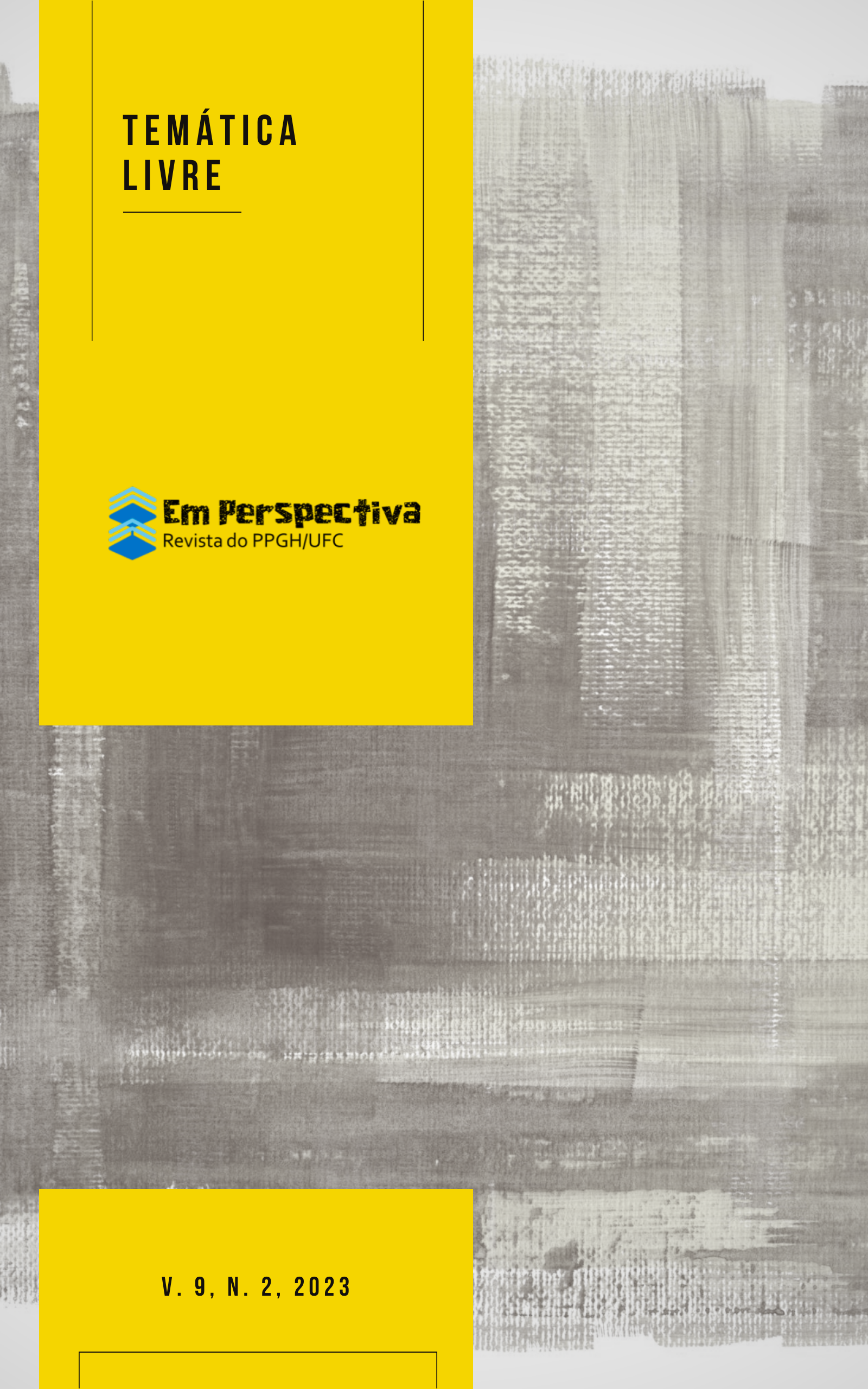Deciphering “bad customs”
the tupi shamans and the dispute for protagonism in the face of the missionary action of the Society of Jesus (1549-1610)
Keywords:
Society of Jesus, Shamanism, TupisAbstract
Between 1549 and 1610, the Jesuits were categorical in choosing “bad customs” as one of the main reasons that hindered the conversion of the indigenous people in the midst of the transformations of the missionary project in Portuguese America. In opposition to the missionaries, the indigenous shamans appeared as a counterpoint to the evangelization of the Tupis. This work presents an analysis of the relationship between the Jesuits and the Tupi shamans, using the internal correspondences of the Society of Jesus as the main source. The epistolary writing process will be investigated based on the categories of thought of the Jesuits and the Ignatian notion of “consolation” whose function was to encourage the brothers of the order in the face of dilemmas with the missionary experience. The approach of this study takes place considering the anthropological analyzes of Viveiros de Castro on the “Amerindian perspectivism” and on what the anthropologist Maria Cristina Pompa calls “the process of reciprocal translation” of the “encounter” between the western religion and the indigenous world. Here it will be taken into account not only an abstract symbolic field, but a real encounter between people with tactics in the struggle for survival or for the concrete interests of everyday living. This work observed the agency and the power of influence of shamans in colonial daily life more clearly, concluding that the struggle for social protagonism in the face of the changes caused by colonialism, constituted itself as the main vector of disputes and conflicts in the interaction of these characters, meaning for shamans a concrete struggle for their own existence.
Published
How to Cite
Issue
Section
License
Copyright (c) 2024 Mateus Galvao

This work is licensed under a Creative Commons Attribution-NonCommercial-NoDerivatives 4.0 International License.


1.png)

.png)
2.png)
.png)


.png)


.png)
1.png)
2.png)
